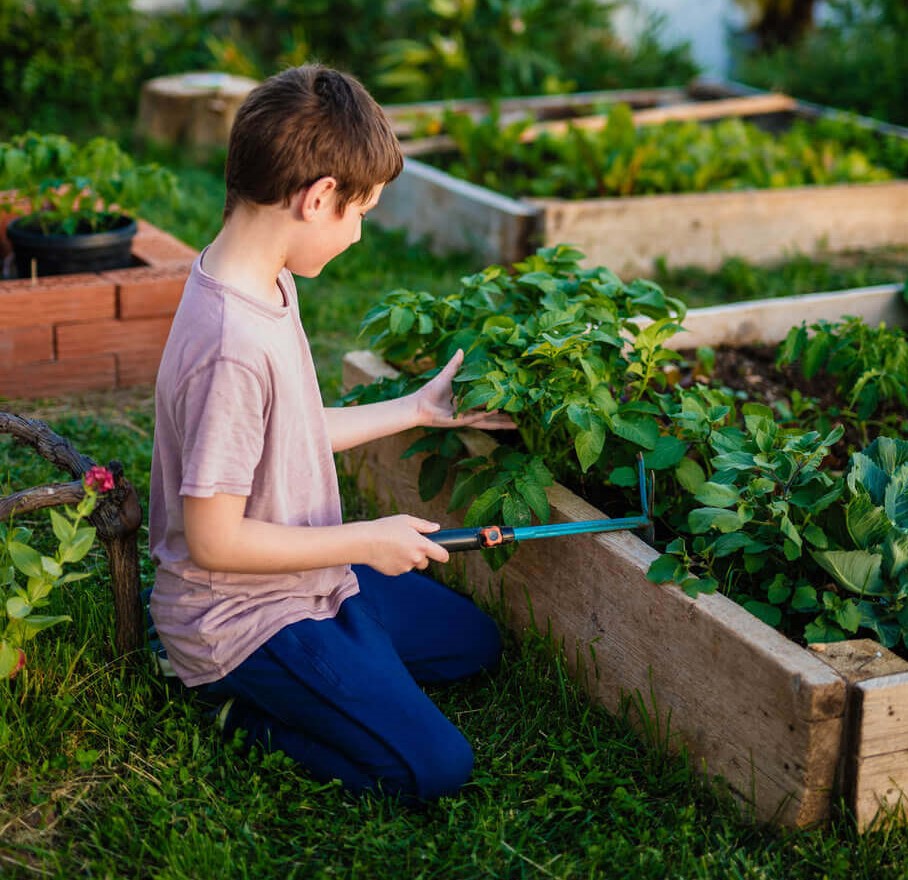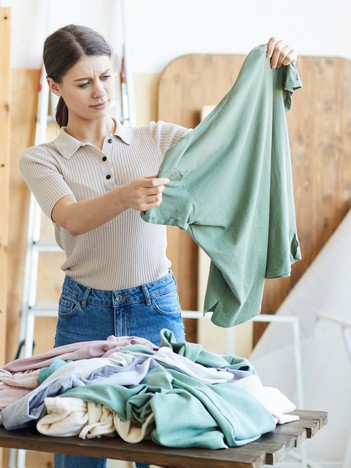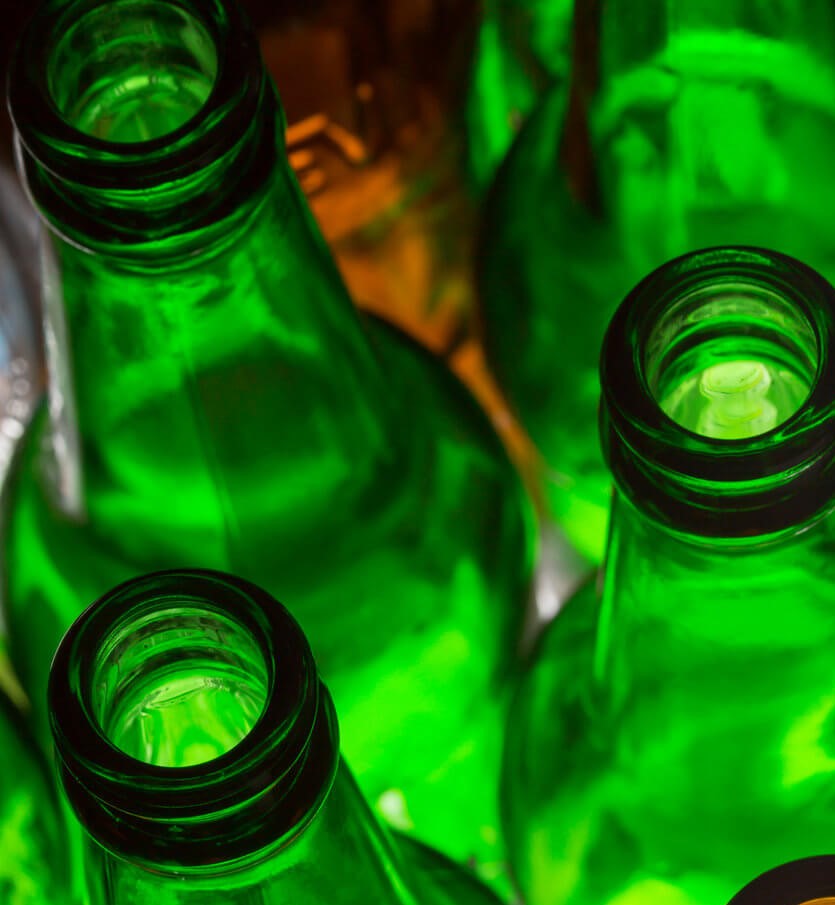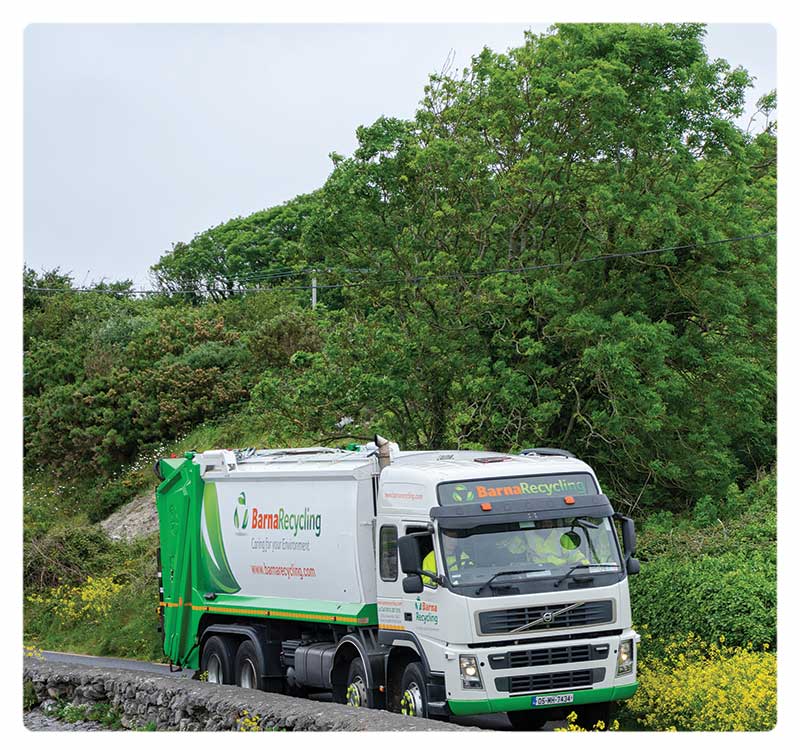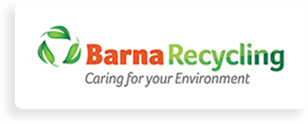- Barna Recycling
- Jun 30, 2020
What to do with: leftover food, garden waste, old clothing and glass bottles?

As restrictions are lifting and the promise of some summer sunshine in July approaches, we can finally begin to feel a small sense of normality come back into our lives.
As many of you will remain working at home for a while longer, we want to make sure we are helping and assisting our customers as best we can. Since lockdown began, you may have noticed an increase in the amount of waste being disposed of in your home and community. We know there has been great discussion among the Barna team about the increase in our food shopping. This has been noted around the country too, as people are searching for solutions to increased food waste.
According to the Department of Communications, Climate Action & Environment (DCCAE) there are 3 types of food waste thrown out:
- 60% is Avoidable food waste – Plate scrapings, leftovers, gone off fruit and veg and passed its date perishables
- 20 % is Potentially Avoidable food waste – things like bread crusts, potato skins
- 20% is Unavoidable food waste – general rubbish such as banana skins and chicken bones
Reducing your food waste is one area which all households can benefit from. It all adds up, less food waste equals less spend on food, which means more money to spend on the things you love.
The national programme on Food Waste Prevention in Ireland is StopFoodWaste.ie. A helpful website providing tools for planning and shopping, storage & cooking, and composting your food waste.
Here at Barna Recycling we encourage our customers to think ‘ingredients’ not ‘leftovers’.
What can I do with leftover food?
- Turn dinner into lunch
- Use leftover fruit to bake buns, cakes, crumbles, or other desserts.
- Make soup out of leftover vegetables
- Left over Sunday roast meat? You can use it to make a pie
- Portion and store – For example you can split large loafs of bread into more manageable portions, freezing the excess. Allowing you to defrost the required amount each time.
- Bread that is going stale can be used for French toast, to make bread and butter pudding or as crotons for soup or salad.
- Tomatoes can be blended with some herbs and spices to make a sauce for use in pasta dishes.
- Leftover mashed potato can be made into hash browns or croquette potatoes.
Don’t have a favourite recipe? Click HERE and explore some amazing recipes. We promise it wont be long until you have a new favourite dinner!
To encourage the fight against food waste the Food & Agriculture Organisation of the United Nations has put together this brochure for families.
Garden Waste
As there are whispers of a hot July coming just around the corner. More and more of us will be out gardening again. Have you ever wondered what your options are when it comes to disposing of grass and other garden materials?
Firstly, garden waste consists of leaves and flowers, grass and weeds, tree bark and pruned branches, clippings and twigs, home-grown fruit or vegetables. – mywaste.ie
Your disposal options are:
- Grass cycling – the natural recycling of grass by leaving grass clippings on the lawn when mowing. Once on the ground the grass clippings, which contain 80-85% water, decompose quickly returning valuable nutrients like nitrogen back into the soil.
- Brown Bin – if you have a brown bin, you can use this to dispose of your garden waste.
- Composting at Home – is a fantastic way to reduce the amount of weight in your bin and reuse in your garden for planting.
- Civic amenity sites – garden waste can be brought into recycling centres at Ballinasloe, Cartrontroy Athlone and Carrowbrowne
For bigger garden projects, where you may be relaying your lawn, landscaping, cutting or removing hedging, you can always higher a skip. This will then be brought to Barna’s purpose built composting facility.
If you are considering starting to compost at home, here is a handy guide to get you started.
For more information about how to be greener in the garden and use less chemicals, you can find some great information here. This is extremely helpful in the fight to save our bees.
For those of you that may not know, one third of our bee species are threatened with extinction from Ireland. That is why the All-Ireland Pollinator Plan exists. This plan aims to get everyone coming together to try to create an Ireland where bees (Pollinators) can survive and thrive. You can learn more about the plan here.
Some simple tips to make you garden pollinator friendly include:
- Cutting it less frequently to allow wildflowers to grow and provide food
- Plant bee friendly flowers and herbs
- Don’t use pesticides or chemicals and manually weed instead
- Provide shelter such as earth banks, dry stone walls or bare soil for bee nesting
Clothing & Textiles
Since the easing of restrictions, we have noticed a lot of people have done home clear outs. More so wardrobe cleanouts. With many customers calling us to discuss what their options were when it comes to disposing of and recycling clothing and textiles.
Here are our top tips:
- We always encourage customers to re-use where possible, but some items will not be suitable for re-using or recycling. These items are best disposed of in a clothes bank. Where they will then be sent off for shredding and re-purposed, not for new clothing but for example furniture stuffing.
- Unwanted clothes or other textiles that are in good condition can be donated to charity shops or given to friends and family. We’ve even had customers make pillows out of old clothing!
- There are now several online platforms that allow you to swap or re-sell your clothing, such as Facebook Marketplace & Depop.
- Civic Amenity Sites – clothes can be taken at recycling centres – see here
So, the next time you go to throw out clothing, remember to Swap, Donate or Recycle instead!
Bottle Banks
We want to remind our customers that all types of drinking cans, soft drinks and alcohol can be put into your blue recycling bin.
If you need to dispose of glass bottles, visit your nearest bottle bank, if they are full, please don’t leave your items on the ground. Take them home and call back another day or visit your local amenity site.
Some tips for bringing items to a bottle bank are:
- Remove all caps and corks from bottles but do not place the caps in the Recycling bank – these can be put into your blue bin at home
- There is no need to take the labels off when you are preparing your items for recycling
- Always remember to wash out your bottles and jars and drink cans before recycling
- Separate the different colours into the correct bins
- Don’t put crockery or drinking glasses in bottle banks – as they have a high lead content and contaminate the glass recycling process leaving the whole load of glass unsuitable for recycling
- Don’t dispose of steel food containers in bottle banks – as they are made up from different materials to those contained in aluminium drinks cans
If you would like any further information on what has been discussed in this month’s blog please get in touch with us on 091 771619.

